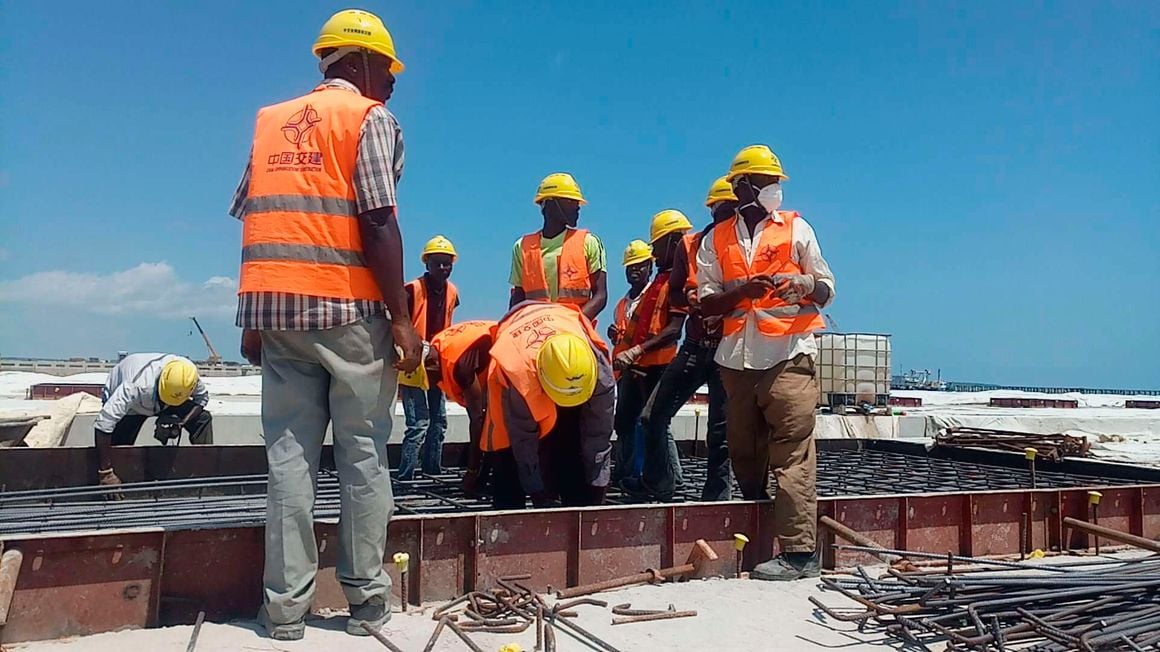
Our Projects are
Transforming African Trade
Quick Contacts
2nd Floor, Fidelity Insurance Centre Waiyaki Way, Westlands

The Lamu Port-South Sudan-Ethiopia (Lapsset) Corridor Development Authority has rolled out plans to establish a special economic zone (SEZ) with the search for a consultant to draw a masterplan for land use.
The agency says in a request for proposal (RFP) that the special zone seeks to attract firms dealing in food and beverage, textiles, leather, automotive, warehousing and logistics.
“The key objectives of the master plan preparation for the SEZ include but are not limited to … creating a basis on which future physical and land use development plans within the SEZ will be prepared,” the agency said in the RFP.
The consultant will also identify sectors that are likely to thrive within the SEZ and design the infrastructure to enable the zone to open up the Lamu Port.
Tax incentives offered to firms operating in SEZs and the location at the port is expected to attract firms to the zone and create more jobs.
SEZ enterprises do not register for value added tax (VAT) while firms supplying goods and taxable services to a SEZ pay zero VAT, allowing them to recover input tax.
They also pay lower corporate income taxes –10 percent in the first 10 years and 15 percent in the subsequent decade. The standard corporate income tax in Kenya is 30 percent.
“The consultant will be expected to prepare master plan designs, prototypes and implementation plans will guide the zoning development of the infrastructure and physical structures of the Lapsset Lamu SEZ,” the agency said.
“The designs and prototypes will include plans and elevations for industrial, commercial, residential, public utilities and others based on the identified land uses and zones within the land measuring approximately 5,200 acres in the proposed Lamu city.”
The port and the upcoming SEZ are part of the Lamu Port South Sudan Ethiopia Transport (Lapsset) project which is an ambitious infrastructure development designed to link Kenya and other regional economies.
The project consists of seven key projects starting with a new 32-berth, interregional highways, a crude oil pipeline and product oil pipeline.
Read original article
Disclaimer: The views and opinions expressed in this article are those of the authors and do not necessarily reflect the official policy or position of TradeMark Africa.